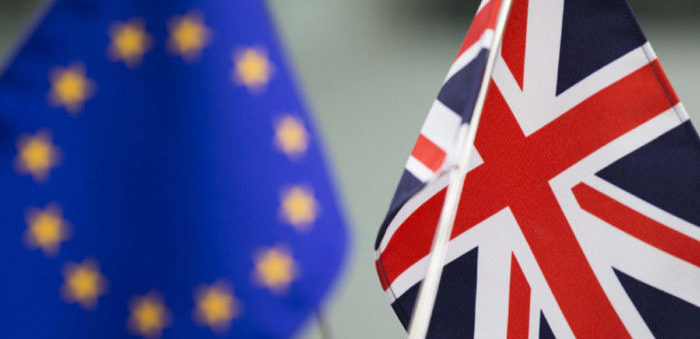The UK has published a Brexit White Paper which outlines its aims for a future economic relationship with the EU. Included in the White Paper is the Facilitated Customs Arrangement which essentially enables the continued, unobstructed trade between the UK and the EU.
As Secretary of State David Davis said, this “is not a Bill about whether or not we leave the EU, or even how we do so, but about implementing a decision already taken by the people of the UK in last year’s referendum.”
The White Paper is based on 12 principles that will guide the Government in exiting the EU. These are:
- Providing certainty and clarity where we can as we approach the negotiations;
- Taking control of our own laws and statute book;
- Strengthening the Union by securing a deal that works for the whole of the UK;
- Maintaining the common travel area and protecting our strong historic ties with Ireland;
- Controlling immigration from the European Union;
- Securing the rights for European Union citizens already living in the UK and the rights of UK nationals living in the European Union;
- Protecting and enhancing existing workers’ rights;
- ensuring free trade with European markets, forging a new strategic partnership with the EU including a bold and ambitious free trade agreement and mutually beneficial new customs agreement;
- Forging ambitious free trade agreements with other countries across the world;
- Ensuring the United Kingdom remains the best place for science and innovation;
- Co-operating in the fight against crime and terrorism;
- Delivering a smooth, orderly exit from the European Union.
In addition, the White Paper reaffirms the UK’s view that it wants the European Union, so the negotiations will try to achieve just that.
Mr. Davis also added that while the UK cannot sign new trade deals while still members, but it is preparing the ground for them. This means updating the terms of UK’s membership of the World Trade Organisation, of which the UK was a founding member.
[smlsubform prepend=”GET THE SAFETY4SEA IN YOUR INBOX!” showname=false emailtxt=”” emailholder=”Enter your email address” showsubmit=true submittxt=”Submit” jsthanks=false thankyou=”Thank you for subscribing to our mailing list”]
What is more, UK does not want a never-ending transitional status. What the country wants is a phased process of implementation of new arrangements, which will be necessary for both sides.
These agreements will regard amongst others, immigration controls, customs systems, the way UK cooperate on criminal and civil justice matters, or future regulatory and legal frameworks for business.
Furthermore, as the White Paper says, an agreement must include provisions which will make sure that the trade will be both open and fair. So, the UK Government is proposing mutual commitments that would ensure UK businesses could carry on competing fairly in EU markets, and EU businesses operating in the UK could do the same. These include:
- Participation by the UK in those EU agencies that provide authorisations for goods in highly regulated sectors;
- The phased introduction of a new Facilitated Customs Arrangement that would remove the need for customs checks and controls between the UK and the EU;
- In combination with no tariffs on any goods, these arrangements would avoid any new friction at the border;
- New economic and regulatory arrangements for financial services, preserving the mutual benefits;
- A new framework that respects the UK’s control of its borders and enables UK and EU citizens to continue to travel to each other’s countries, and businesses and professionals to provide services;
- Provisions that guarantee an open and fair trading environment – committing to apply a common rulebook for state aid, establishing cooperative arrangements between regulators on competition, and agreeing to maintain high standards through non-regression provisions.
You can see more information in the PDF herebelow































































